Artificial intelligence (AI) could replace the equivalent of 300 million full-time jobs, according to a report by investment bank Goldman Sachs. While these technologies promise greater efficiency and innovation, they also raise questions about how they will impact the workforce. Will AI and automation reduce or increase jobs? What skills will be needed in the future workplace? And how will the nature of work itself change?
This article explores these questions, offering a clear perspective on the future of work in an AI-driven world.
Will Automation and AI Increase or Reduce Jobs?
The future of work is expected to be significantly impacted by automation and AI, leading to a major shift in the job market where routine tasks will be largely automated, potentially displacing some jobs while creating new ones that require more human-centric skills like creativity, critical thinking, and complex problem-solving
The question on everyone’s mind is whether automation and AI will create more jobs or eliminate them. The answer is not straightforward. Automation will replace some jobs, particularly those that involve repetitive, manual tasks. But it will also lead to the creation of new jobs, many of which we cannot yet fully anticipate.
Jobs That Will Be Replaced
Automation has already begun replacing jobs in industries such as manufacturing, logistics, and retail. For example, self-checkout machines are reducing the need for cashiers, and automated warehouses, like those run by Amazon, are decreasing the demand for warehouse workers. Tasks that involve routine work are the most at risk. Studies suggest that up to 30% of jobs globally could be automated by the mid-2030s, especially in roles like data entry, assembly line work, and telemarketing.
Jobs That Will Be Created
On the other side, automation and AI will also lead to the creation of entirely new jobs. Just as the rise of the internet led to new roles in web development, digital marketing, and IT support, AI will fuel demand for positions in AI development, robotics engineering, and data science. These emerging roles will focus on managing, developing, and maintaining AI systems, ensuring they work efficiently and ethically.
For example, AI will require experts to develop machine learning algorithms, create AI-driven software, and ensure the ethical use of these technologies. The World Economic Forum estimates that AI will create 97 million new jobs globally by 2025, across fields like data analysis, AI development, and cybersecurity.How AI Affects the Job Market and the Future of Work
Automation and AI are fundamentally reshaping the nature of work. While some industries are experiencing disruption, others are flourishing and evolving, with AI as a significant driver.
Changes Across Industries
- Retail: With the rise of AI-powered chatbots, recommendation systems, and inventory management tools, retail is becoming more efficient. While these innovations reduce the need for human intervention in customer service and stock management, they create new opportunities in AI management and e-commerce strategy.
- Manufacturing and Logistics: Automation is revolutionizing these sectors, making processes faster and more efficient. While this reduces the need for human labour in repetitive tasks, it also increases the demand for professionals who can manage and maintain advanced machines.
- Healthcare: AI is transforming healthcare by enabling more accurate diagnoses, personalized treatments, and faster drug development. Doctors and healthcare professionals will increasingly rely on AI tools to improve patient outcomes, but they will also need to develop skills in using these technologies effectively.
- Finance: AI-driven algorithms are reshaping the finance sector by automating tasks like risk assessment, fraud detection, and trading. Financial professionals will need to focus more on strategic decision-making, as routine tasks become automated.
Remote Work and Flexibility
The COVID-19 pandemic accelerated the adoption of remote work, and AI is likely to make remote work even more prevalent in the future. AI tools can help remote workers by automating routine tasks, enabling virtual collaboration, and providing real-time feedback on performance. This shift will lead to more flexible work arrangements and could open up opportunities for people in regions with fewer traditional job prospects.
Needed Skills for the Future of Work
Automation and AI have become more prevalent, and the skills required for the workforce will surely change. Workers will need to adapt by developing both technical and soft skills to stay relevant in an AI-driven job market.
Technical Skills
- Data Analysis and Interpretation: Understanding and interpreting large datasets will be crucial in many fields. Data scientists, analysts, and machine learning experts will be in high demand.
- AI and Machine Learning: Workers who can develop, implement, and manage AI systems will have a significant advantage. This includes knowledge of algorithms, coding (Python, Java), and AI frameworks.
- Cybersecurity: As companies rely more on AI, the risk of cyberattacks will increase. Professionals skilled in cybersecurity will be essential to protect sensitive data and AI systems from threats.
- Robotics Engineering: As robots become more integrated into industries like manufacturing and healthcare, robotics engineers will be needed to design, build, and maintain these systems.
Soft Skills
- Adaptability: The future workplace will require employees who can quickly learn new tools and adapt to technological changes.
- Creativity and Problem Solving: While machines excel at repetitive tasks, they cannot replace human creativity. Workers who can think outside the box and solve complex problems will be invaluable.
- Emotional Intelligence: As automation takes over routine tasks, interpersonal skills will become more critical. Jobs that require empathy, negotiation, and emotional understanding—such as in healthcare, education, and management—will remain in high demand.
- Collaboration and Communication: Working alongside AI and in increasingly digital environments will require strong collaboration skills, particularly for managing remote teams and global projects.
Check out this article on How To Become a Data Analyst From Scratch
The Path Forward: Preparing for the Future of Work
AI and automation undoubtedly shape the future of work, but it’s important to remember that technology is a tool—and how we use it will define its impact on the job market. For workers, the key to staying relevant in this new landscape is adaptability. By focusing on continuous learning and acquiring skills that complement automation, individuals can position themselves for success.
Continuous Learning
Lifelong learning in an AI-driven world will become more important than ever. Workers will need to continuously update their skills to stay relevant. Whether through formal education, online courses, or on-the-job training, keeping up with technological advancements will be crucial.
Collaboration Between Humans and Machines
The future workplace will not be a battle between humans and machines but a collaboration. AI and automation will handle repetitive tasks, allowing humans to focus on what they do best: creativity, empathy, and strategic thinking. By working alongside AI, employees can enhance their productivity and create more value for their organizations.
Wrapping Up
The future of work is not something to fear but to embrace. Workers can thrive in this AI-driven world by concentrating on gaining the necessary skills, both soft and technical. The key to success will be staying flexible, embracing lifelong learning, and finding ways to work alongside AI to unlock new possibilities.
Technology is here to make our lives easier, and with the right approach, the future of work can be one of collaboration, innovation, and growth.
Ready to Level Up Your Skills?
At MALhub, we offer in-demand courses designed to equip you with the skills needed for you to thrive in an AI-driven future. Join our growing community of tech enthusiasts and professionals and start building the skills that will future proof your career.
Sign up for a MALhub course today and take the first step towards shaping your future in the evolving tech landscape!



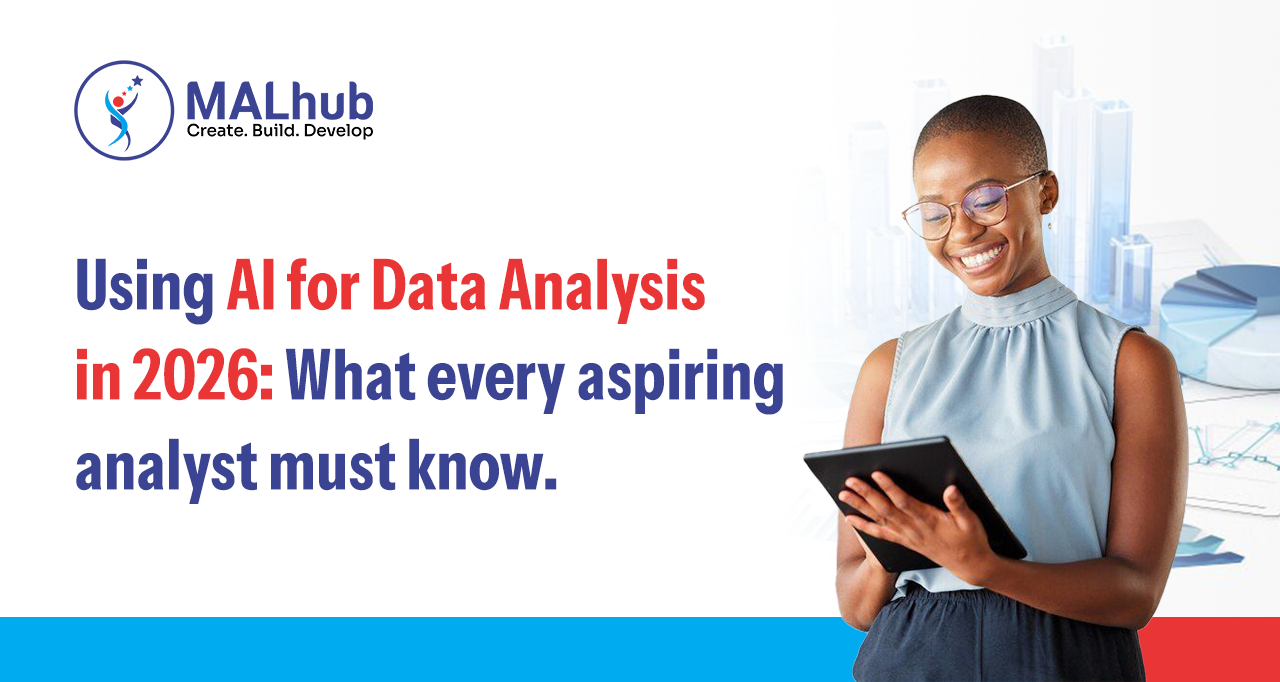
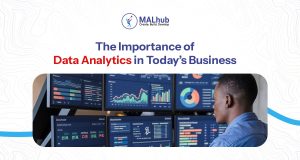







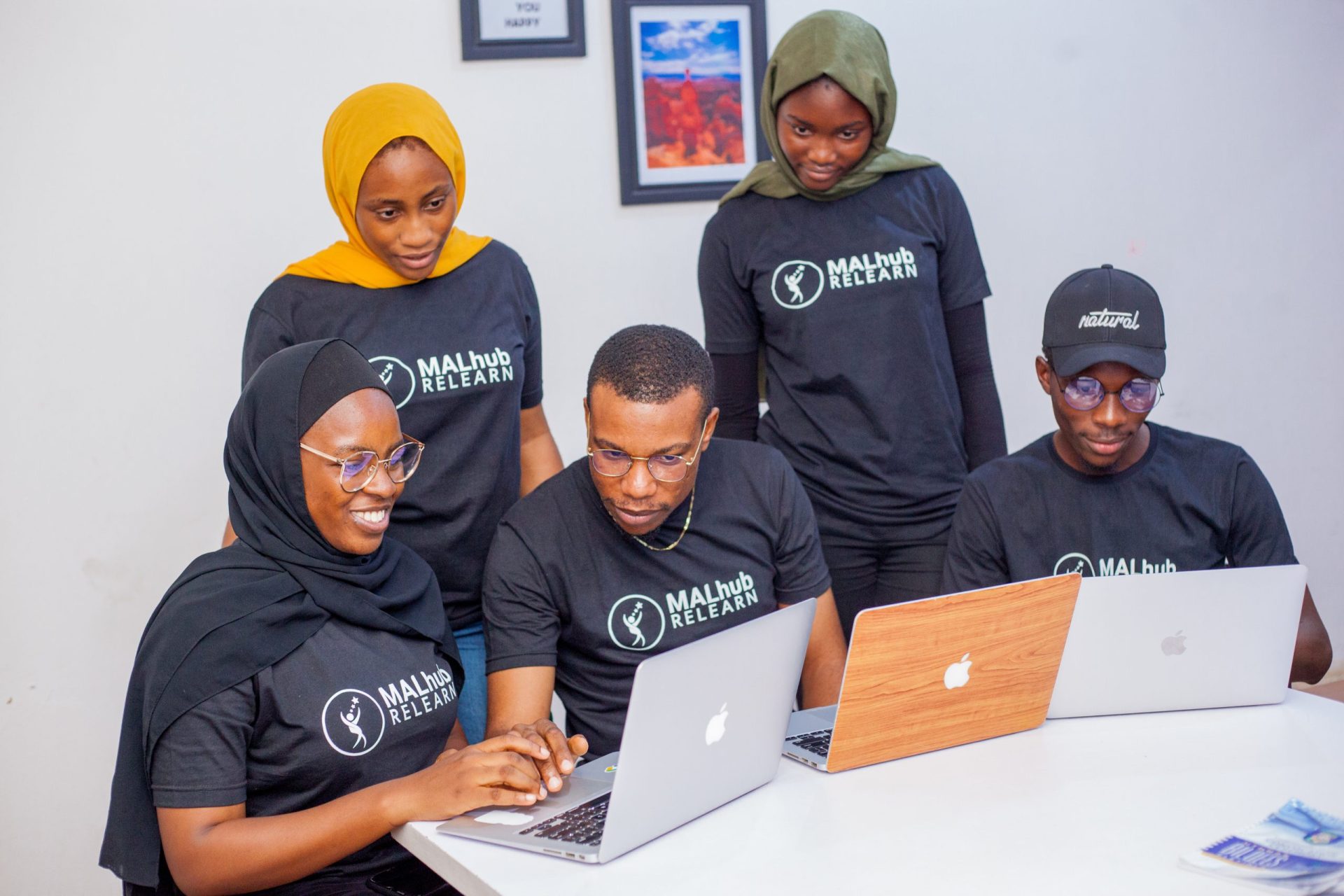
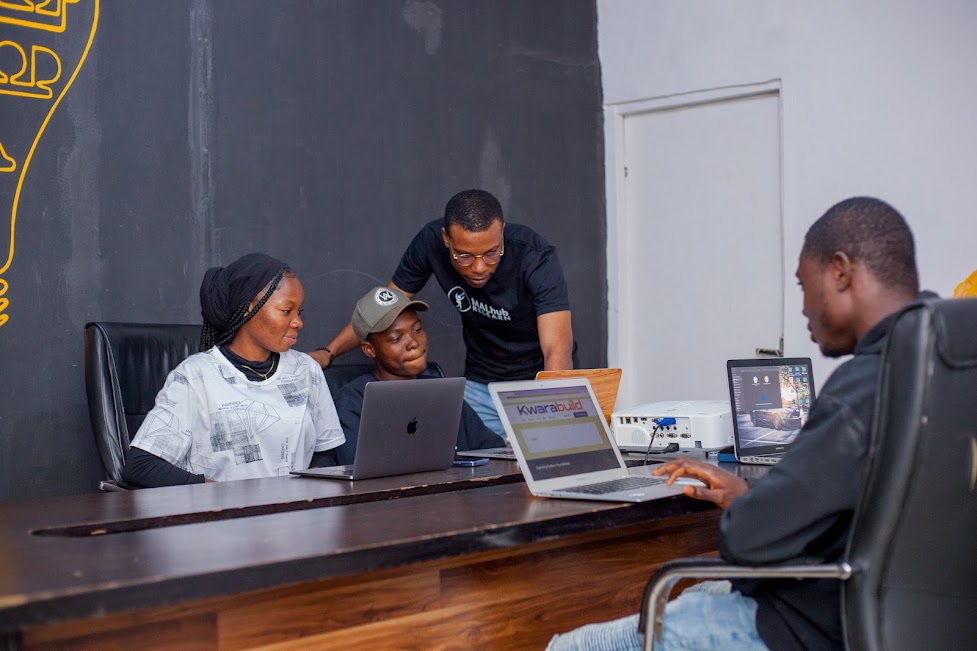

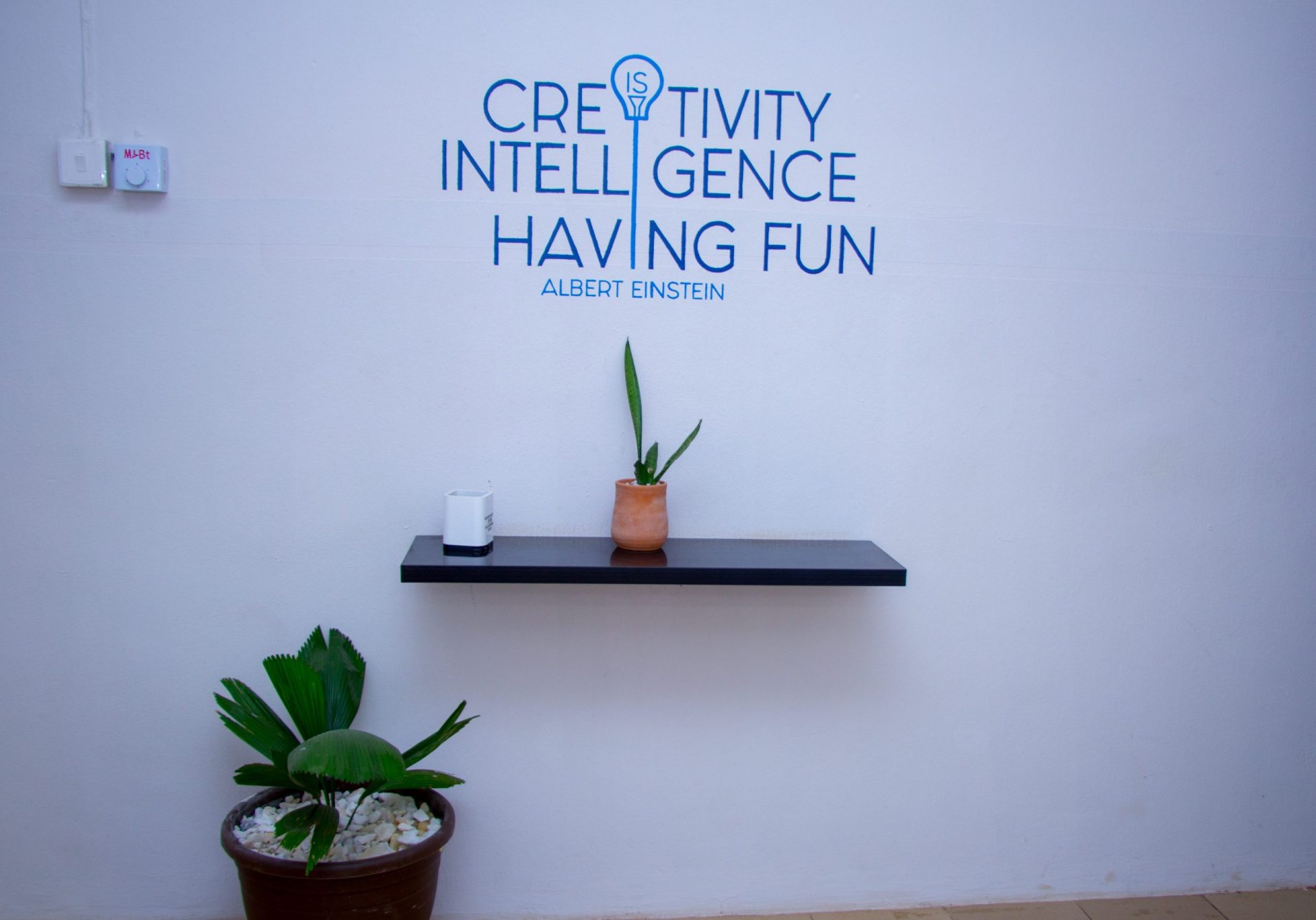

2 Responses
You are a very intelligent person!
Thanks for your comment, we really appreciate.